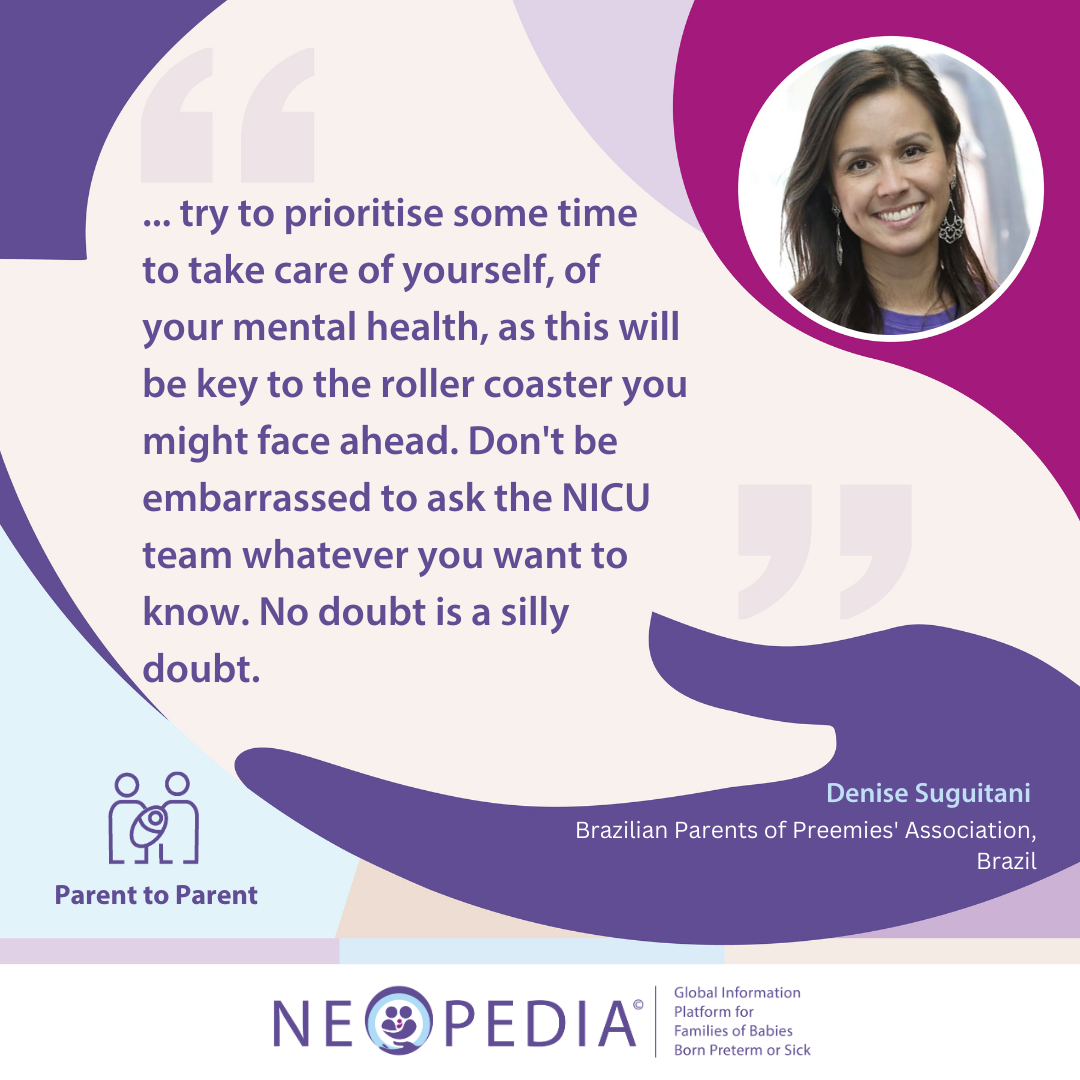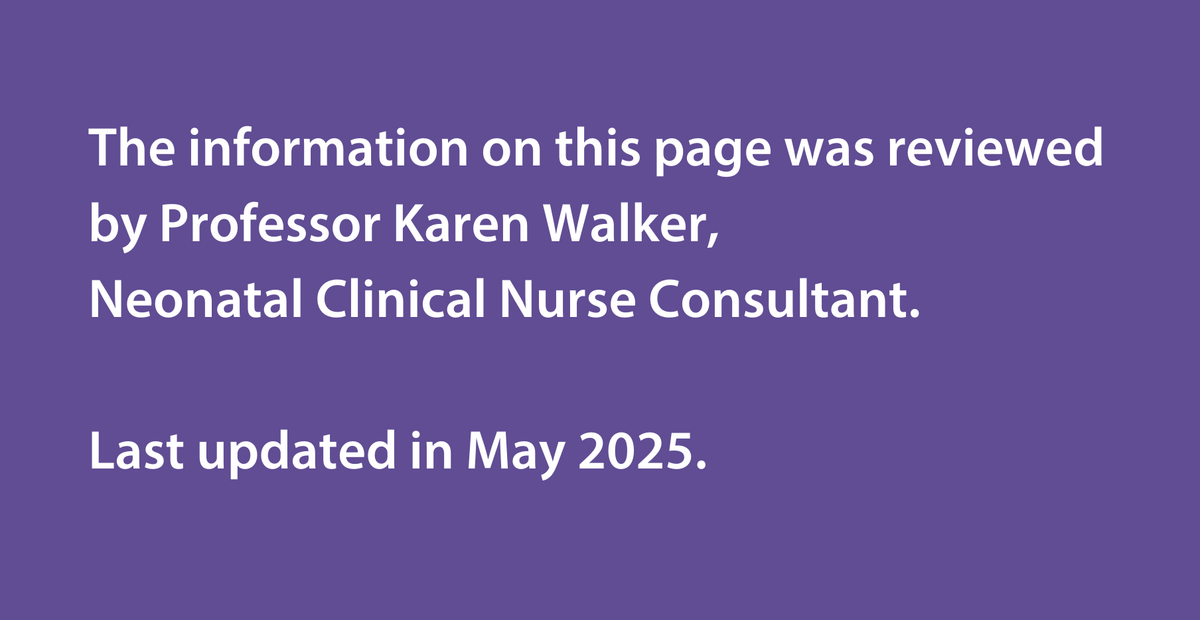
The Neonatal Intensive Care Unit (NICU) is a specialized type of unit within a hospital. It offers the highest level of support for those babies who are born preterm or sick. However, the name of this unit may vary from country to country.
The NICU provides specialized care including for preterm and sick babies who
Transfer to the NICU
Being moved to the NICU is called a transfer. Babies might be transferred from another unit or hospital if the initial hospital does not have a NICU. Sometimes, the mother is transferred to a level of care that has a NICU even before the baby is born when it is considered safer for the baby to be delivered where there is the highest level of support immediately available. The baby then may stay for days, weeks or possibly longer, depending on their health condition.
Learning that your baby is being transferred to the NICU usually comes as a shock for parents, carers, family and friends. The knowledge that your baby has a critical health condition needing specialist care can be overwhelming and distressing. Becoming a parent of a hospitalized baby needs time, appropriate information, social and psychological support and encouragement to cope with this difficult situation and to feel like parents.
Transport between units
If your local hospital cannot provide the appropriate level of care for your preterm or sick baby, your baby may need to be transferred to another unit or hospital. This process can be very stressful for both you and your baby. But specialist staff and equipment will take care of your baby before, during, and after the transfer, ensuring your baby’s safety. There are various options for transporting both you and your baby. In general or when you feel scared or worried about what is going on, it can help to talk to the healthcare professionals and ask them to explain it to you.
If you or your unborn baby will require care in a hospital after they are born, you may be transferred to the most appropriate unit before birth. This process, known as a prenatal or in-utero transfer, is the safest option if your baby is likely to be born preterm or with a known medical concern. The medical team will determine the best course of action for you and your baby. Before the transfer, the obstetric and neonatal teams will provide counselling, and you will usually need to give formal consent.
You may be transported by road or air and will be accompanied by an experienced team of healthcare professionals. Upon arrival, the healthcare teams will exchange information about your and your baby's health status and ongoing care plans, a process called handover. You will remain a patient of the new unit until you are either discharged or transferred back to your local unit.
If your baby needs to be transferred after delivery, the doctor (neonatologist⍰ or obstetrician⍰ if available) present at birth will make this decision. The doctor will examine your baby and assess the need for transfer. Your baby will then be transported by road or air in a transport incubator⍰, which controls temperature, oxygen, and humidity while allowing for necessary medications to be given during the transfer. In some countries, babies are transferred in skin-to-skin with their mother.
A dedicated and specially trained transfer team or the healthcare team from the local units will lead the transfer. They will look after your baby throughout the journey and hand over all important information and treatment plans to the healthcare team in the new unit. This may include a social and mental health record of the family situation, for example if the mother plans to breastfeed and her social support network. If the baby is a twin and their sibling has passed away, this may also be important information for the team in the new unit so that they are aware of the situation.
Ideally, you can accompany your baby during the transport. If you require continued medical treatment, it is sometimes possible to transfer you together with your baby. Healthcare professionals will work with you to ensure the best care for both you and your baby.

